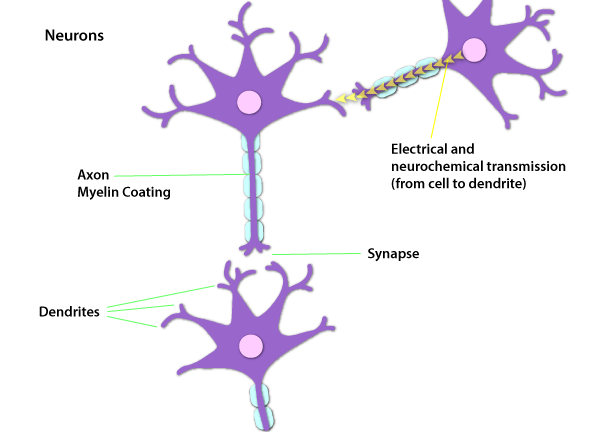Measures of processing speed are aimed at rote cognitive processes and rate of speed for completing fairly straightforward tasks under timed conditions; thus, demands for complex thinking are typically minimal. Children with solid rote skills often perform well on processing speed measures, but other factors can contribute to a need for time on more complex tasks. Rote skills may involve visual scanning/tracking, visual discrimination, rapid naming/word retrieval, and concentration. Such skills are often related to a variety of tasks including: copying notes from the overhead, writing down assignments, reading fluency, ease and response rate of providing verbal responses, and general rate of work completion. Speed can be impacted by interruptions in concentration, rushing/impulsive response style, anxiety, depression, a cautious nature/perfectionistic tendencies, and a generally slow tempo.
Strong Processing Speed: Efficient at getting through basic tasks (e.g. math worksheets, copying information).
Weak Processing Speed: May be slow to process symbols on paper (e.g. impacts reading rate), may be slow to process in general.
Processing Speed does not necessarily equate with rate of completion when complex thinking is involved.
Processing speed is not currently classified as a disorder in and of itself; its impact has to be evident in other areas of functioning in order for accommodations, such as extended time, to be considered.
 |
|
| White matter, neurotransmitters, activation in parietal and ventral-medial pfc (image source and additional information) |
|
Preference in Learning
- Casual tempo vs. quick tempo
- Efficienty
- Rote, clerical tasks
Examples of Test Measures
- WISC-V Coding
- WISC-V Symbol Search
- WJ-IV Cognitive Number Pattern Matching
- DTEA-3 Rapid Object Naming
- KTEA-3 Rapid Object Naming
Note: this is not an exhaustive list; for more information and training visit https://schoolneuropsych.com